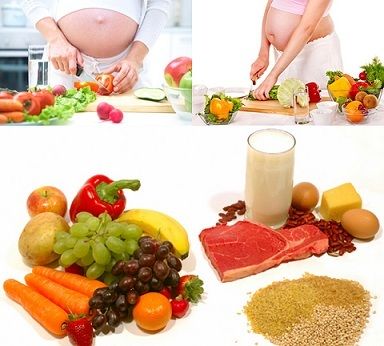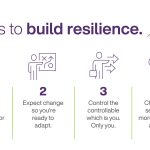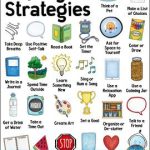
Pregnancy is a special time in a woman’s life when her body undergoes various changes to support the growth and development of her baby. Proper nutrition during pregnancy plays a crucial role in ensuring the health and well-being of both the mother and the baby.
The Importance of a Balanced Diet
A balanced diet during pregnancy should consist of a variety of nutrient-rich foods that provide essential vitamins, minerals, and macronutrients. This helps support the baby’s growth and development, while also maintaining the overall health of the mother.
1. Folate and Folic Acid
Folate, also known as Vitamin B9, is crucial during pregnancy as it helps in the formation of the baby’s neural tube. This nutrient is found in green leafy vegetables, citrus fruits, legumes, and fortified cereals. It is highly recommended to consume folic acid supplements before and during early pregnancy to ensure the proper development of the baby’s brain and spinal cord.
2. Iron-Rich Foods
Iron is essential for the production of red blood cells and to prevent iron-deficiency anemia during pregnancy. Good sources of iron include lean meats, poultry, fish, beans, fortified cereals, and leafy green vegetables. Consuming iron-rich foods alongside foods high in vitamin C, such as citrus fruits or bell peppers, can help maximize iron absorption.
3. Calcium and Vitamin D
Calcium and vitamin D are crucial for the development of the baby’s bones, teeth, and overall skeletal system. Good sources of calcium include milk, yogurt, cheese, and fortified plant-based milk. Vitamin D can be obtained through exposure to sunlight or through dietary sources like fatty fish, eggs, and fortified dairy products.
4. Omega-3 Fatty Acids
Omega-3 fatty acids are vital for the baby’s brain and eye development. Eating fatty fish like salmon, mackerel, and sardines can provide a good source of omega-3. For vegetarians and vegans, options such as walnuts, chia seeds, and flaxseeds can be incorporated into the diet.
Foods to Avoid
While it is important to focus on what to eat during pregnancy, it is equally important to be aware of certain foods that should be avoided:
Raw or Undercooked Meats: These may contain harmful bacteria that can cause foodborne illnesses.
Raw Seafood: Raw or undercooked seafood may contain parasites or bacteria that can harm the baby.
Soft Cheeses: Soft cheeses made from unpasteurized milk can carry listeria bacteria, which can be dangerous for the fetus.
High Mercury Fish: Certain fish, such as shark, swordfish, and king mackerel, have high mercury levels that can harm the baby’s nervous system.
Caffeine: Excessive caffeine consumption should be avoided as it may increase the risk of miscarriage or preterm birth.
Alcohol: Alcohol should be completely avoided during pregnancy, as it can lead to fetal alcohol spectrum disorders and other complications.
Consult with a Healthcare Professional
It is important to consult with a healthcare professional, such as a registered dietitian or obstetrician, to create an individualized nutrition plan based on your specific needs and any existing medical conditions. They can provide guidance on portion sizes, food safety, and any necessary supplements.
Conclusion
Nutrition plays a vital role in promoting a healthy pregnancy and the well-being of both the mother and the developing baby. By following a balanced diet, avoiding harmful substances, and seeking professional guidance, pregnant women can provide their unborn child with the necessary nutrients for optimal growth and development.






